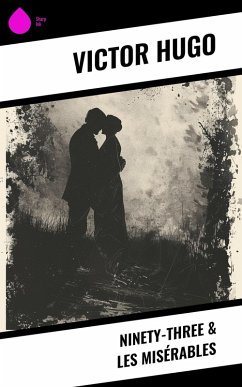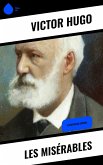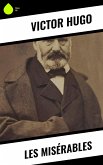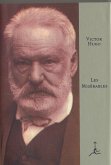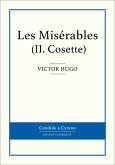Victor Hugo's "Ninety-Three" and "Les Misérables" stand as towering achievements in 19th-century literature, woven together by their profound exploration of societal injustice and human resilience. "Ninety-Three" intricately portrays the tumult of the French Revolution, focusing on themes of loyalty and moral conflict amidst political upheaval. In contrast, "Les Misérables" follows the harrowing journey of Jean Valjean as he seeks redemption, offering a sweeping narrative rich in character development and philosophical reflection. Hugo's lyrical prose and dramatic storytelling engage the reader in a profound dialogue about morality, the struggle for justice, and the indomitable human spirit, establishing him as a luminary in the Romantic literary movement. Hugo, profoundly affected by the political turbulence of his time, utilized his writing to advocate for social justice and human rights. The tragedies of his early life, including personal losses and political exile, deeply influenced his narrative voice and thematic choices. Hugo's commitment to social reform and empathy for the downtrodden are palpably present in his works, revealing the complexity of human nature within tumultuous societal contexts. Readers are invited to dive into the rich tapestry of Hugo's world, where every page resonates with urgency and compassion. "Ninety-Three" and "Les Misérables" are not merely historical novels; they are timeless meditations on justice and the human condition, making them essential reads for anyone seeking to understand the depth of human experience and the fight for equity in society.
Dieser Download kann aus rechtlichen Gründen nur mit Rechnungsadresse in A, B, BG, CY, CZ, D, DK, EW, E, FIN, F, GR, HR, H, IRL, I, LT, L, LR, M, NL, PL, P, R, S, SLO, SK ausgeliefert werden.
Hinweis: Dieser Artikel kann nur an eine deutsche Lieferadresse ausgeliefert werden.

